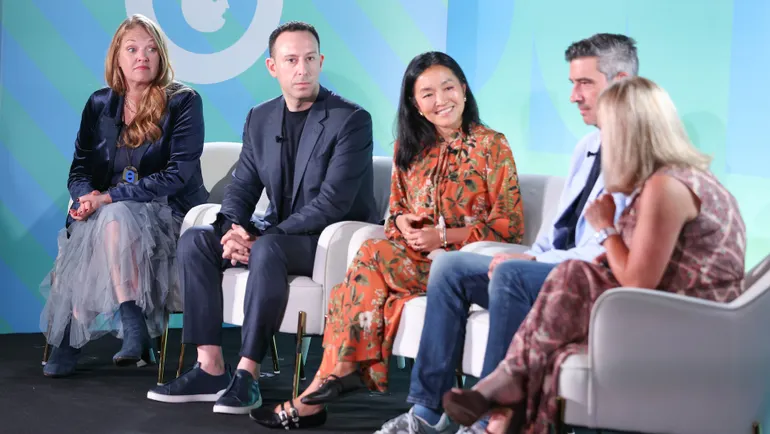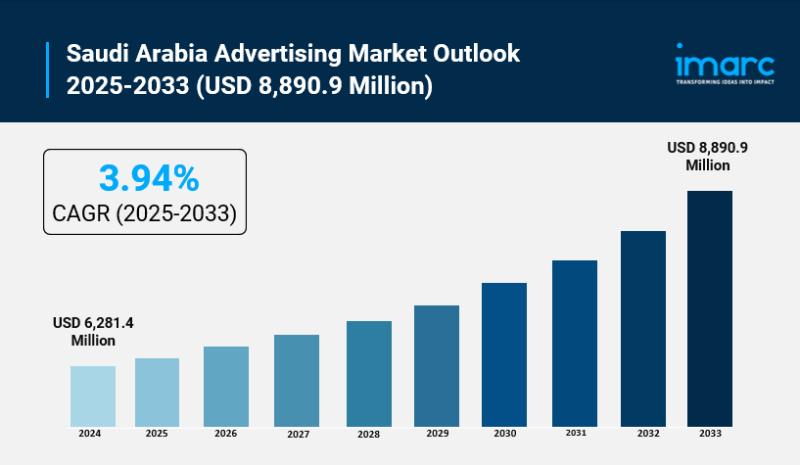CMOs share what brands get wrong when marketing to Gen Z

NEW YORK — An obsession with winning over Gen Z consumers has resulted in marketers believing several absolutes about the cohort. Of chief concern: Gen Zers are not brand loyal and they hate advertising.
CMOs at Advertising Week New York pushed back against these narratives, arguing that they flatten out the nuances of a generation that just as often expresses near-feverish devotion to certain brands. The real culprit of Gen Z’s perceived aversion may be a failure by marketers to understand what types of content resonate with a group that is intensely picky and increasingly pulled toward insular online communities that require a different mindset to break into. Better understanding Gen Z is of climbing importance as the age set matures and drives more household purchasing decisions.
“They’re growing up in a more tribalized environment. You can debate the merits if that’s good or not, but there is no mass media,” said Mark Weinstein, CMO and head of luxury brands at Hilton, during a panel at the conference Thursday. The talk also featured top marketers from Bose, H&R Block and EOS Products, and was moderated by Adweek.
Entertaining content connects
Panelists argued that Gen Z’s presumed distaste for advertising is a myth while acknowledging that paid media plays a different strategic role than it used to. Developing entertaining or emotionally resonant content is a bigger focus, with ads then used as a supportive tool rather than the main driver of campaigns.
“There’s a layer of advertising that you use at moments for this, but really, I’d say 90% of our budget and effort is spent on actual content,” said Jim Mollica, president of luxury consumer audio and CMO at Bose.
Those comments reinforced a throughline at Advertising Week, where several marketing chiefs talked about sharpening their execution of social-first, culturally led activations versus capital-A advertising. Mollica, who has prioritized brand building at Bose, pointed to integrations like an appearance on a monthlong stream by creator Kai Cenat as an example of how the headphone marketer is trying to better ingrain itself in culture.
H&R Block, the tax-preparation firm, had a major breakthrough with Gen Z when it launched “Responsibility Island,” a multi-episode reality TV parody that showed Gen Zers confined on a remote island until they can figure out how to do their own taxes (with mishaps around completing other “adulting” tasks like doing laundry). The series, which ran on the brand’s YouTube and featured a Roku placement to amplify reach, was a “huge success” — enough so that H&R Block hosted a reunion last year, according to Chief Marketing and Experience Officer Jill Cress.
H&R Block more recently united social creative and media duties under VaynerMedia to streamline its marketing and account for shifts in consumer behavior. The firm sees Gen Z as essential to win over since the demographic makes up most of the current new entrants into the taxpayer pool in the U.S.
“We’re not relevant to that [Gen Z] audience. So doing content like that and bringing them into a relationship with us was hugely successful,” said Cress of “Responsibility Island.”
Tapping into community
Brands should also recognize they are no longer the star of the show when it comes to marketing to Gen Z, according to panelists. Establishing a dialog with consumers and finding a way into conversations that are relevant to their business, whether they exist in TikTok videos or Instagram comments, makes brands appear more authentic and relatable.
“There are so many instances where something has happened organically that we’ve caught wind of, and then we’ve just reacted directly to a regular person, and then that alone has actually amplified and rippled way further than [some] of our paid advertising does,” said Soyoung Kang, president of EOS, the marketer of lip balm and skincare products.
Kang pointed to internal research EOS conducted that found Gen Z is 30% more likely to be loyal to one brand across its product categories, busting another perception about the group. Rather than not being loyal, Gen Z was described as more research-intensive and particular than older generations thanks to more data, digital savvy and overall brand choice at their fingertips.
“They grew up in an age where information is oozing out of every crack and crevice,” said Kang. “They’ve had more access to information and they know how to navigate it and they know how to manipulate it.”
Creators can be a powerful way to break into Gen Z communities that are otherwise wary of marketing and have high thresholds to acceptance. Hilton leverages some celebrities in its marketing, including company royalty Paris Hilton, but also smaller influencers with just a few thousand followers.
The hospitality chain has also evolved its product offerings to better cater to Gen Z’s tastes, acquiring campus-oriented Graduate Hotels last year and expanding its Motto by Hilton collection of hotels that have compact rooms but larger communal spaces. Motto last month launched a social series starring influencers and inspired by video games, another instance where a brand has put engaging content above conventional advertising.
“There are these niche communities of passion points. Our job isn’t to create a [passionate] community around us, it’s to tap into culture that already exists,” said Weinstein.
link






